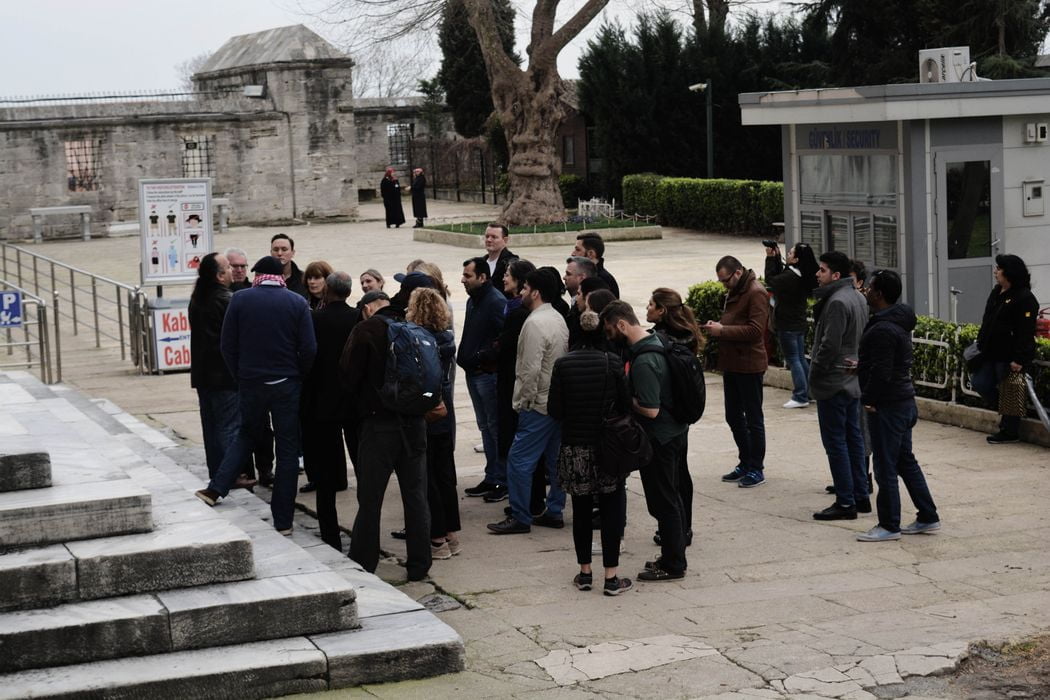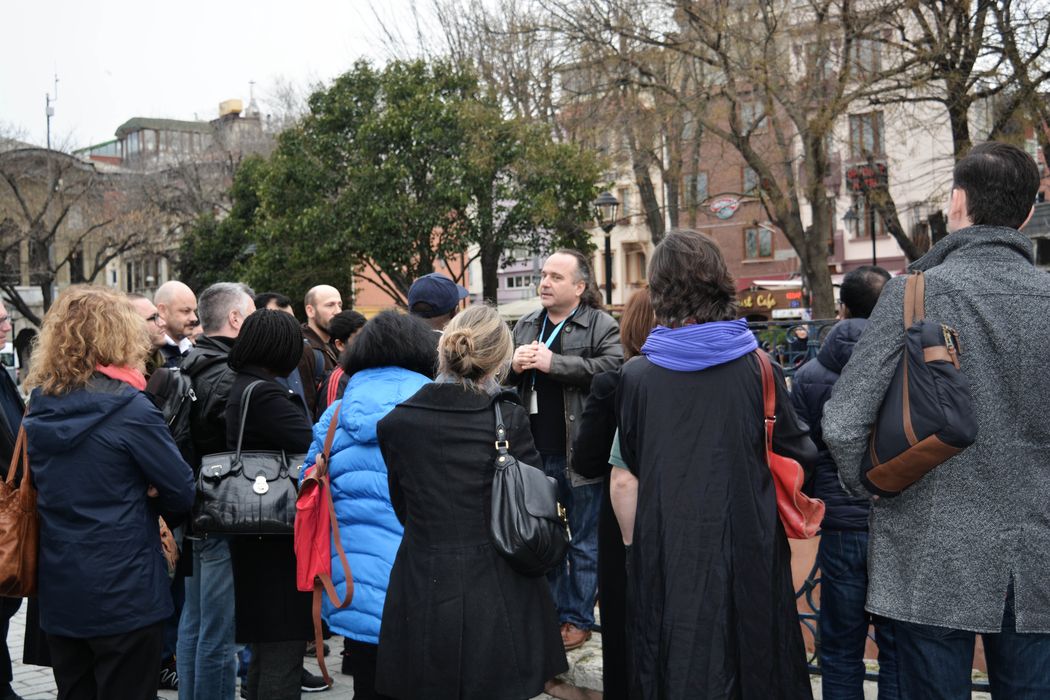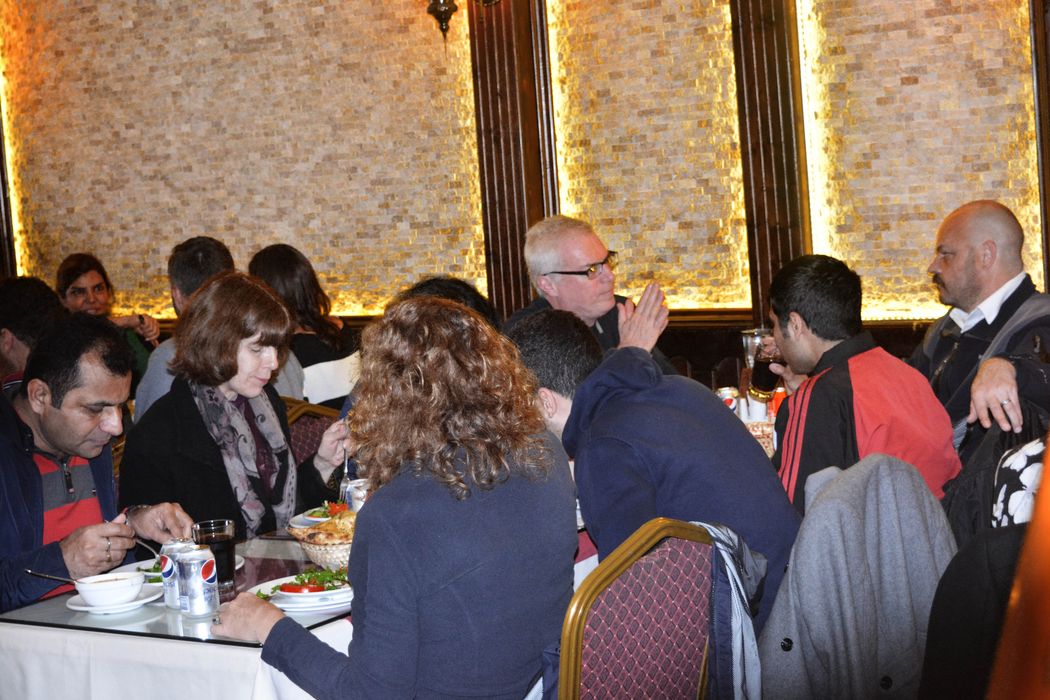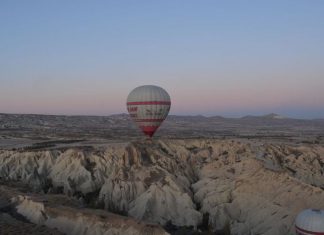Another good habit of theirs is this. The orphan children sit in the bazaar, each with two baskets, one large and one small. When one of the townspeople comes to the bazaar and buys cereals, meat and vegetables, he hands them to one of these boys, who puts the cereals in one basket and the meat and vegetables in the other and takes them to the man’s house, so that his meal may be prepared. Meanwhile the man goes about his devotions and his business. There is no instance of any of the boys having ever abused their trust in this matter, and they are given a fixed fee of a few coppers.
The cleanliness of the people of Mecca
The Meccans are very elegant and clean in their dress, and most of them wear white garments, which you always see fresh and snowy. They use a great deal of perfume and kohl and make free use of toothpicks of green arak-wood. The Meccan women are extraordinarily beautiful and very pious and modest.
They too make great use of perfumes to such a degree that they will spend the night hungry in order to buy perfumes with the price of their food. They visit the mosque every Thursday night, wearing their finest apparel; and the whole sanctuary is saturated with the smell of their perfume. When one of these women goes away the odour of the perfume clings to the place after she has gone.
On the caravan route to Basra from Mecca to Medina.
Three days’ march through this district brought us to the town of Wisit. Its inhabitants are among the best people in Iraq–indeed, the very vest of them without qualification. All the Iraqis who wish to learn how to recite the Koran come here, and our caravan contained a number of students who had come for that purpose.
The customs of the Ahmadi dervishes at Umm ‘Ubayda
As the caravan stayed here [Wisit] three days, I had an opportunity of visiting the grave of ar-Rifai which is at a village called Umm ‘Ubayda, one day’s journey from there. I reached the establishment at noon the next day and found it to be an enormous monastery containing thousands of darwishes [dervishes]. After the mid-afternoon prayer drums and kettledrums were beaten and the darwishes began to dance. After this they prayed the sunset prayer and brought in the meal, consisting of rice-bread, fish, milk and dates.
Read More about Ibn Battuta part 59








